18 GPTs for AI Photography Powered by AI for Free of 2025
AI GPTs tailored for AI Photography are advanced tools designed to leverage the power of Generative Pre-trained Transformers (GPTs) in the realm of digital photography. These tools are specifically configured to understand, generate, and enhance photographic content using AI. By incorporating sophisticated machine learning models, AI GPTs for AI Photography can perform a wide range of tasks, from image generation and editing to providing insights and recommendations based on visual data. Their adaptability and intelligence make them invaluable for creating high-quality visual content, analyzing trends in photography, and offering personalized suggestions.
Top 10 GPTs for AI Photography are: Photogasm,2how MJ Portrait,THE PIRATE - IMAGE PROMPT MASTER,Baby Predictor,Imagen123【imitación + Variaciones】,Julien Morel : Photographe Professionnel,Alter Face - AI Visage Changer,Not Hotdog,照片魔法师Ultra,PilgrimGPT
Photogasm
Bringing Landscapes to Life with AI
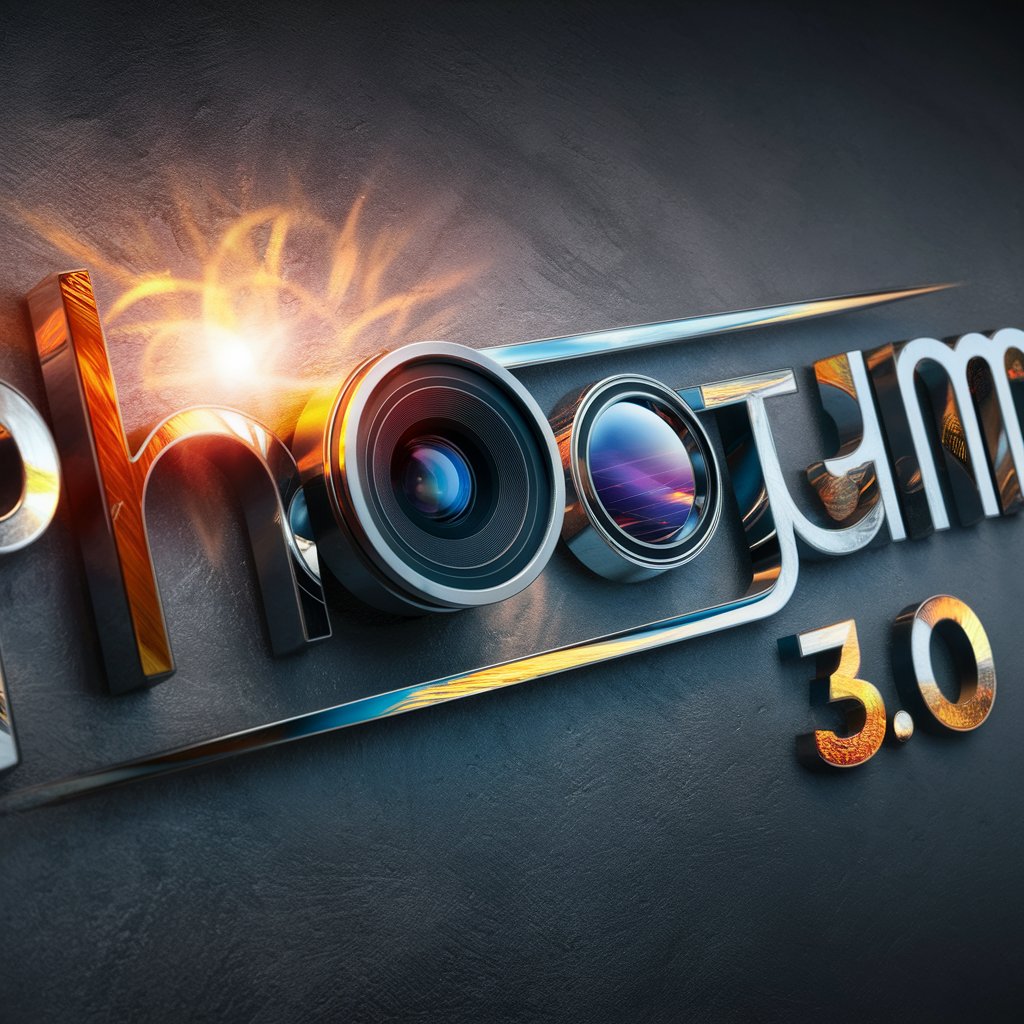
2how MJ Portrait
Crafting AI-Powered Photography Prompts
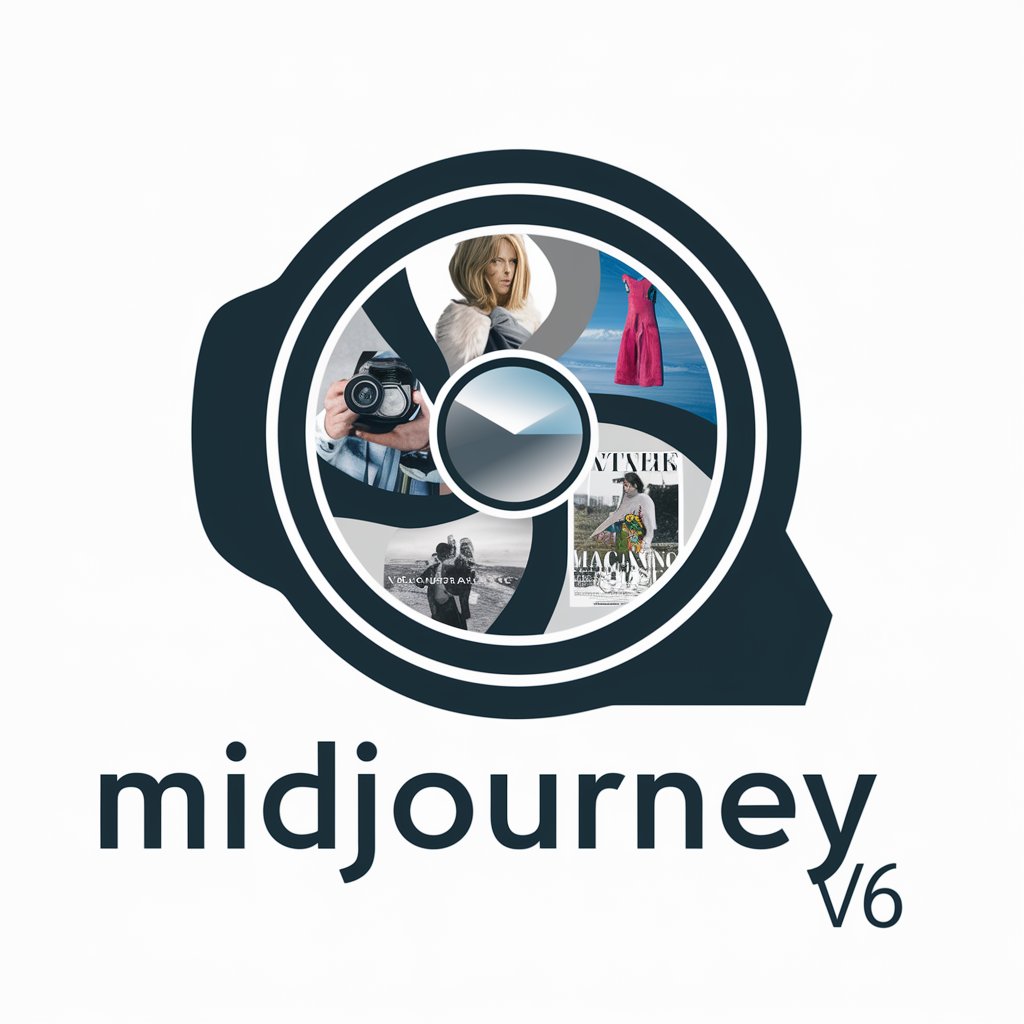
THE PIRATE - IMAGE PROMPT MASTER
AI-powered image prompt master.

Baby Predictor
Visualize Your Future Child with AI
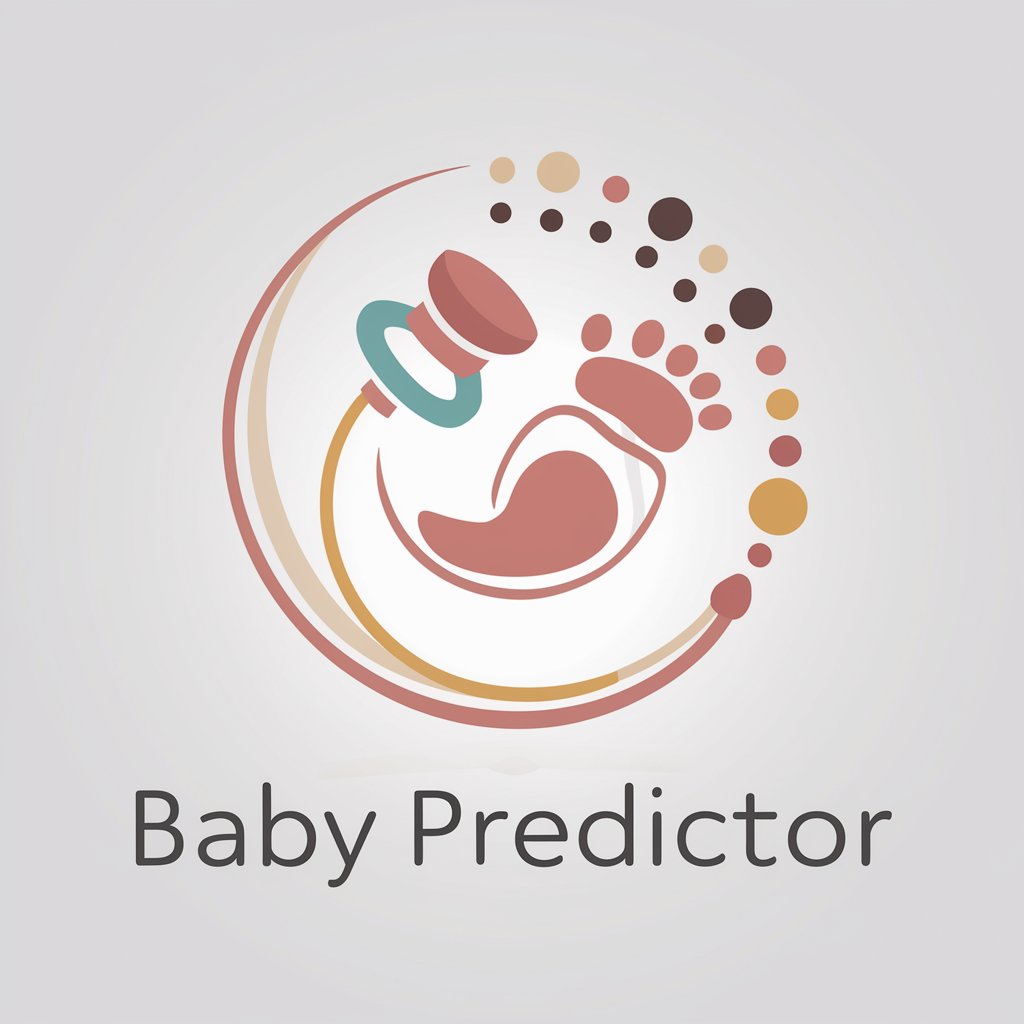
Imagen123【imitación + Variaciones】
Craft Your Vision with AI Magic
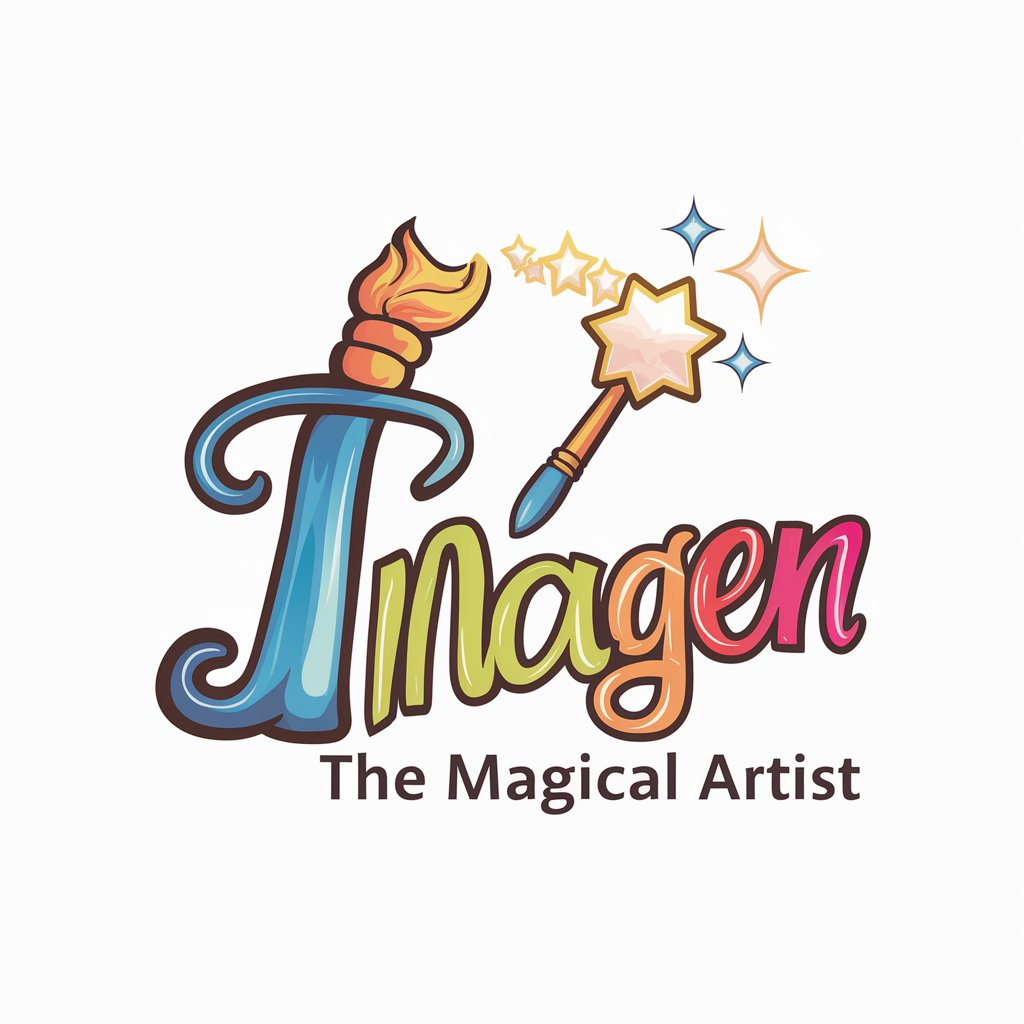
Julien Morel : Photographe Professionnel
Empowering Photography with AI
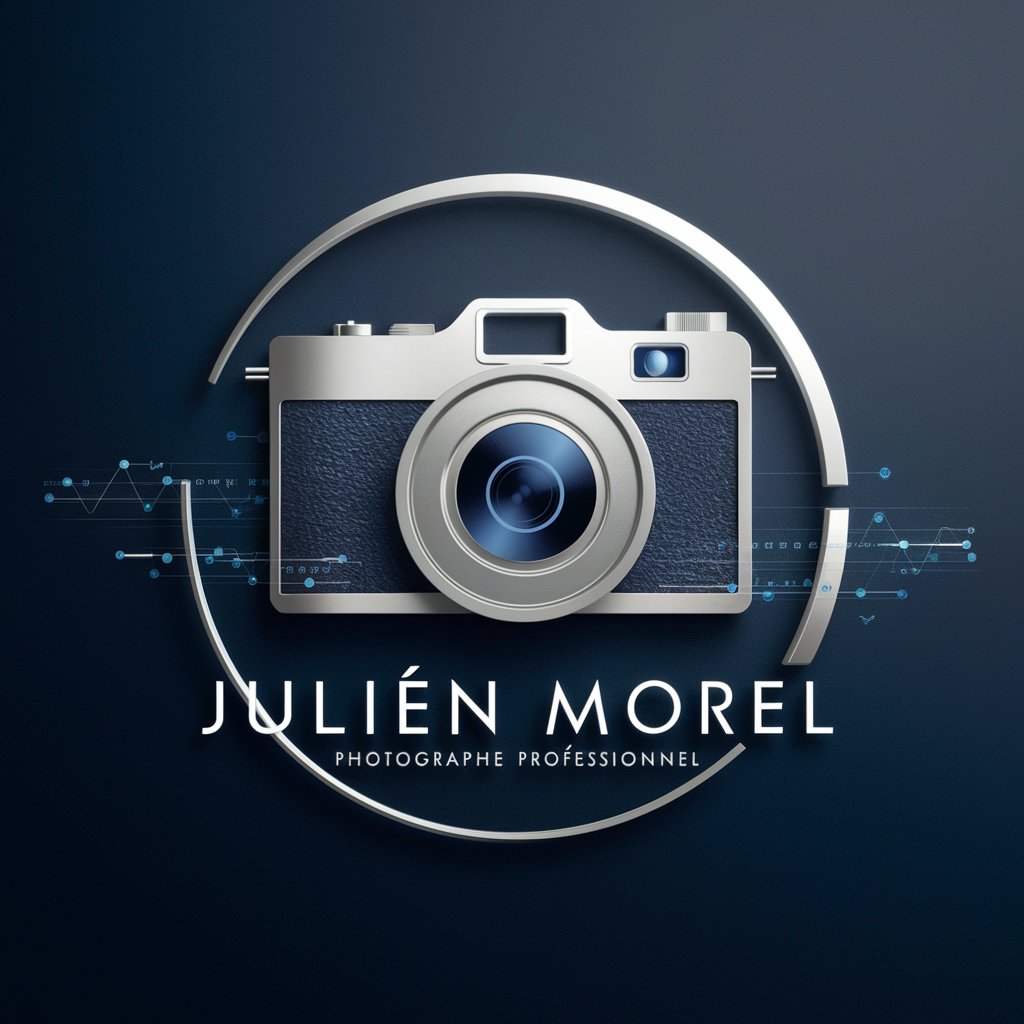
Alter Face - AI Visage Changer
Transform Ages with AI Precision
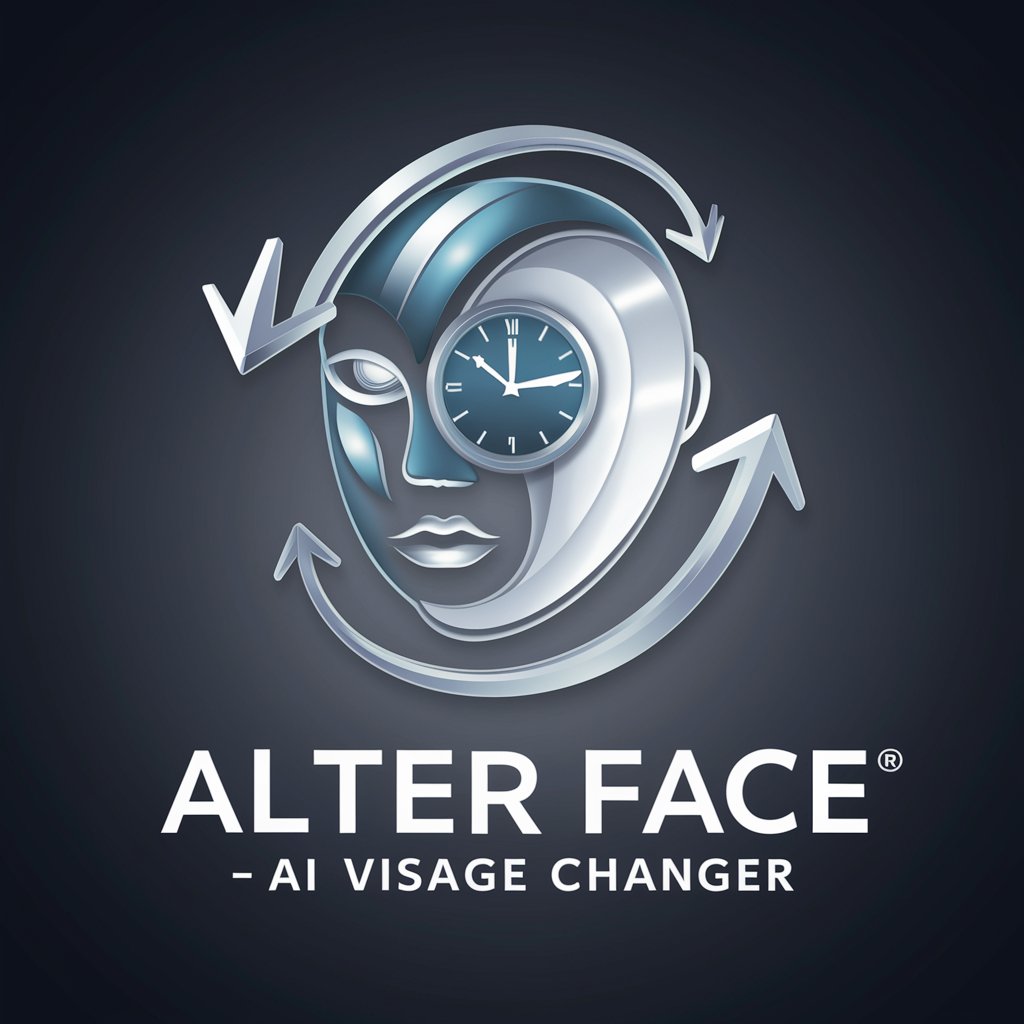
Not Hotdog
Instantly identify any hotdog with AI
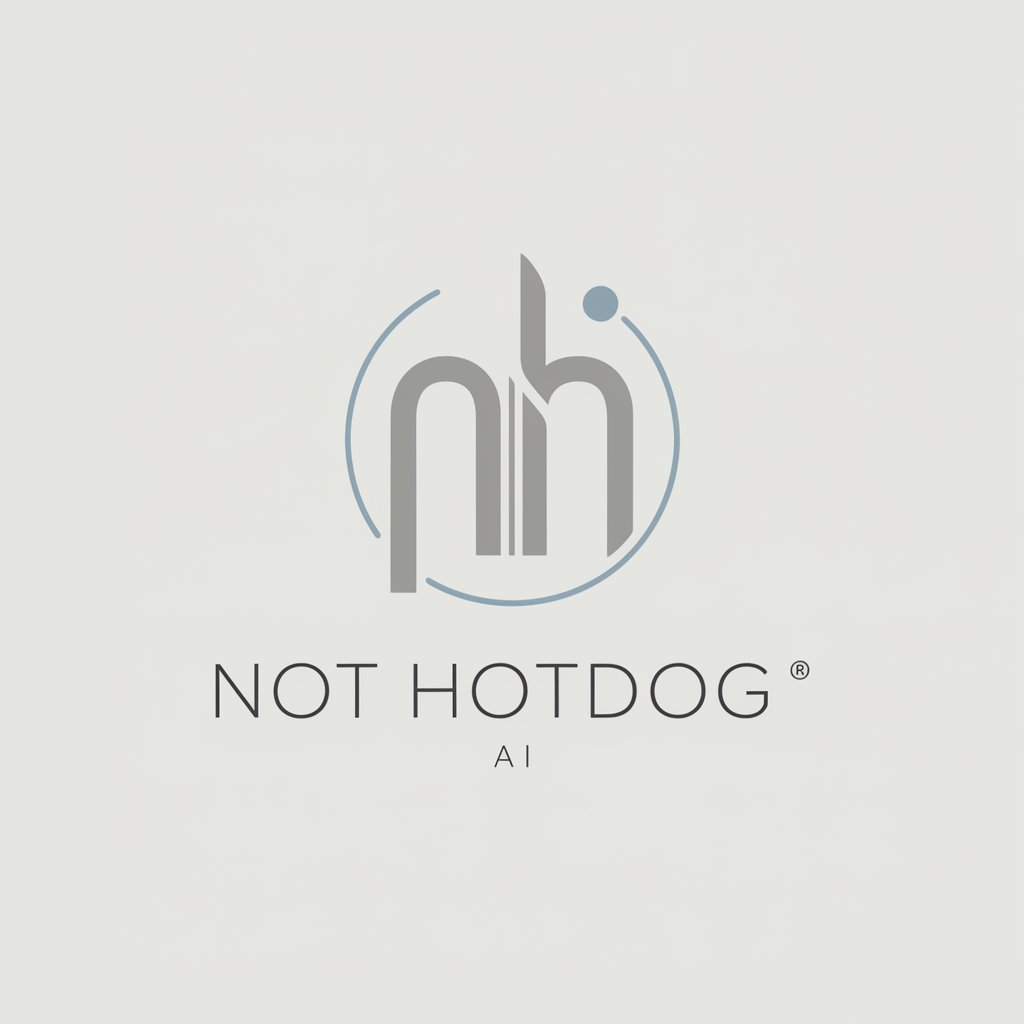
照片魔法师Ultra
Bringing Images to Life with AI
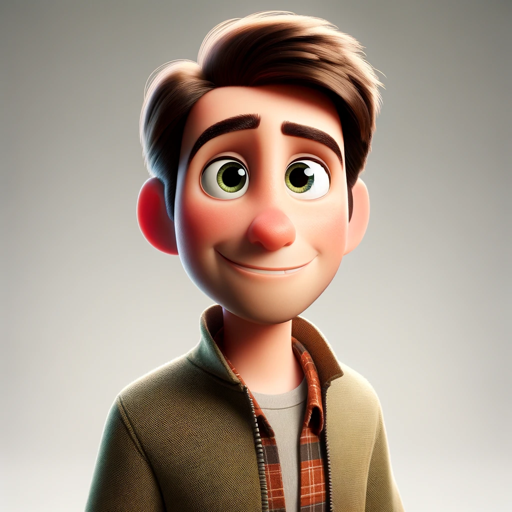
PilgrimGPT
Explore diversity with AI-powered imagery.
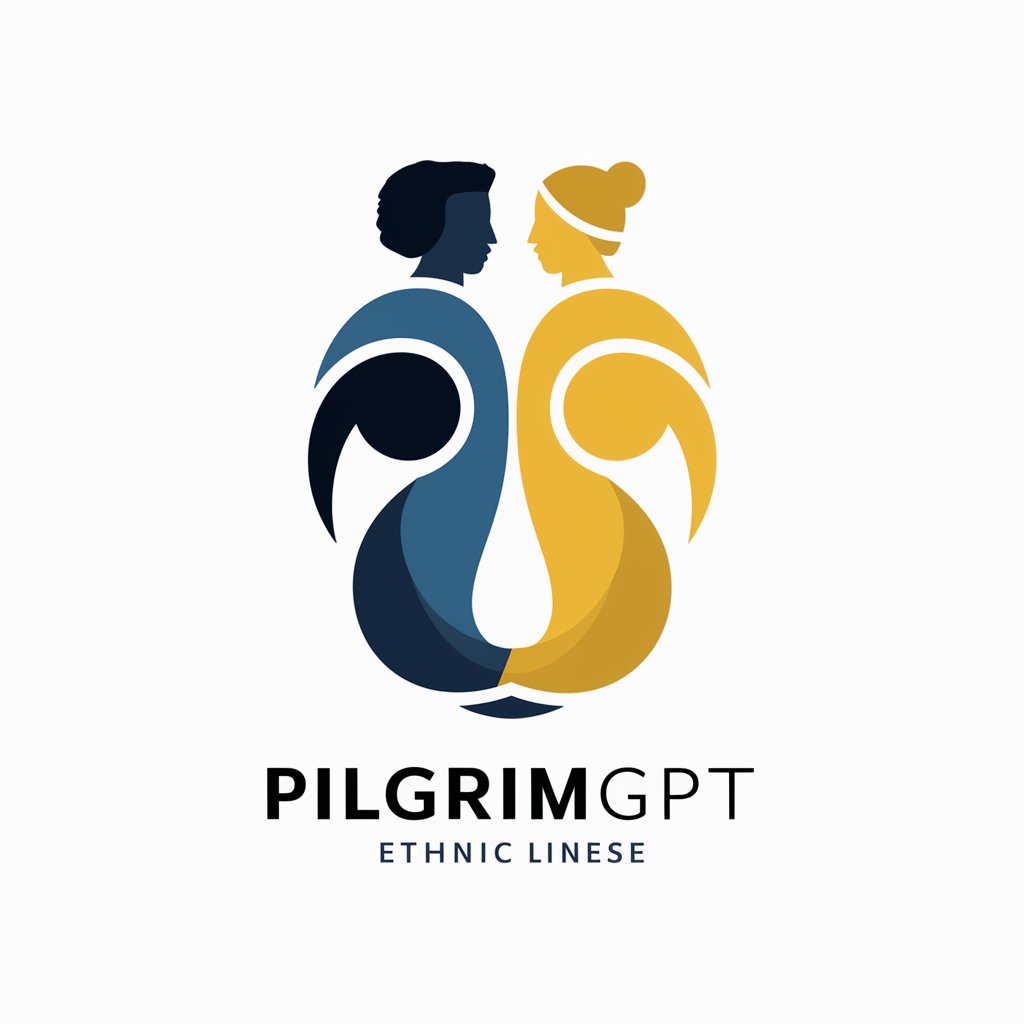
Music Daily Rundown
Your AI-powered music news curator.

洋洋写真馆
Crafting Your Imaginations with AI

Ancestry-Accurate Baby Predictor
Imagine your future baby, powered by AI.
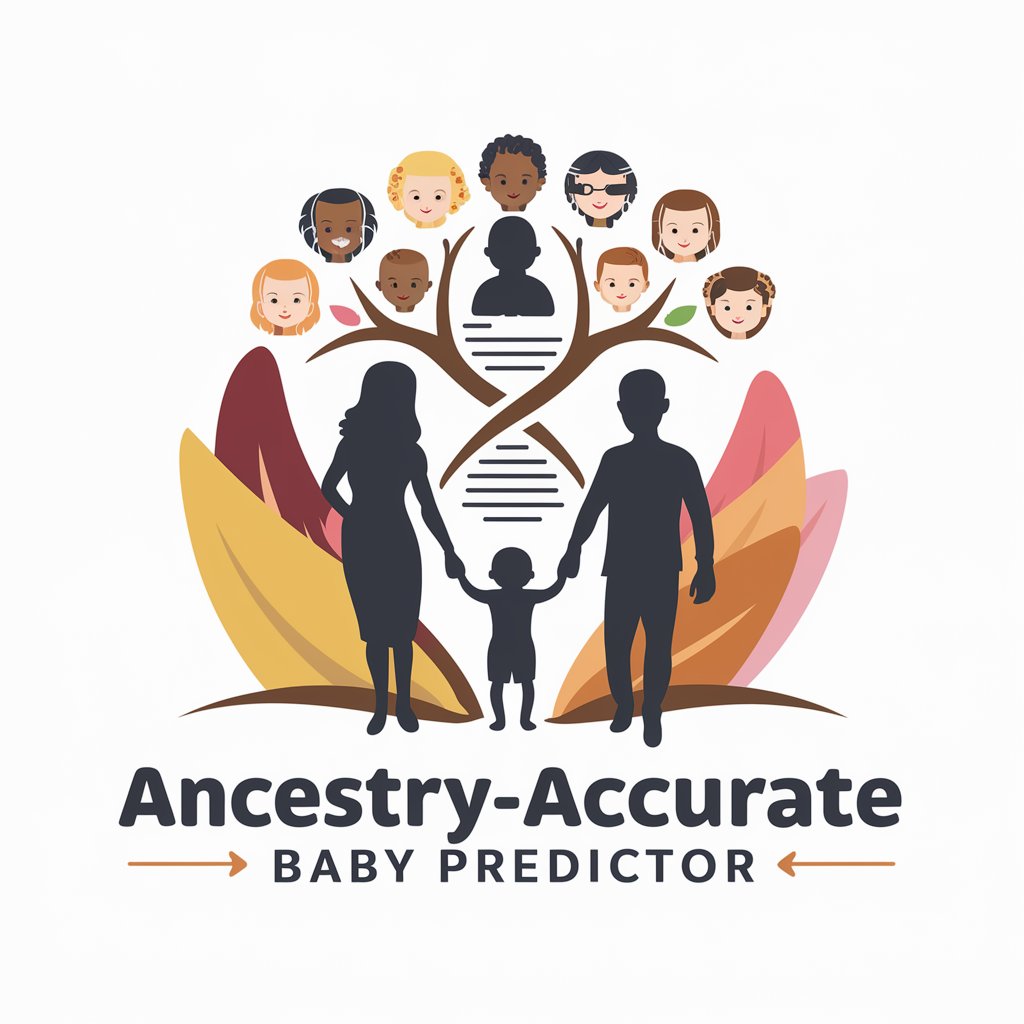
AI Yearbook
Transform your photos into timeless memories.
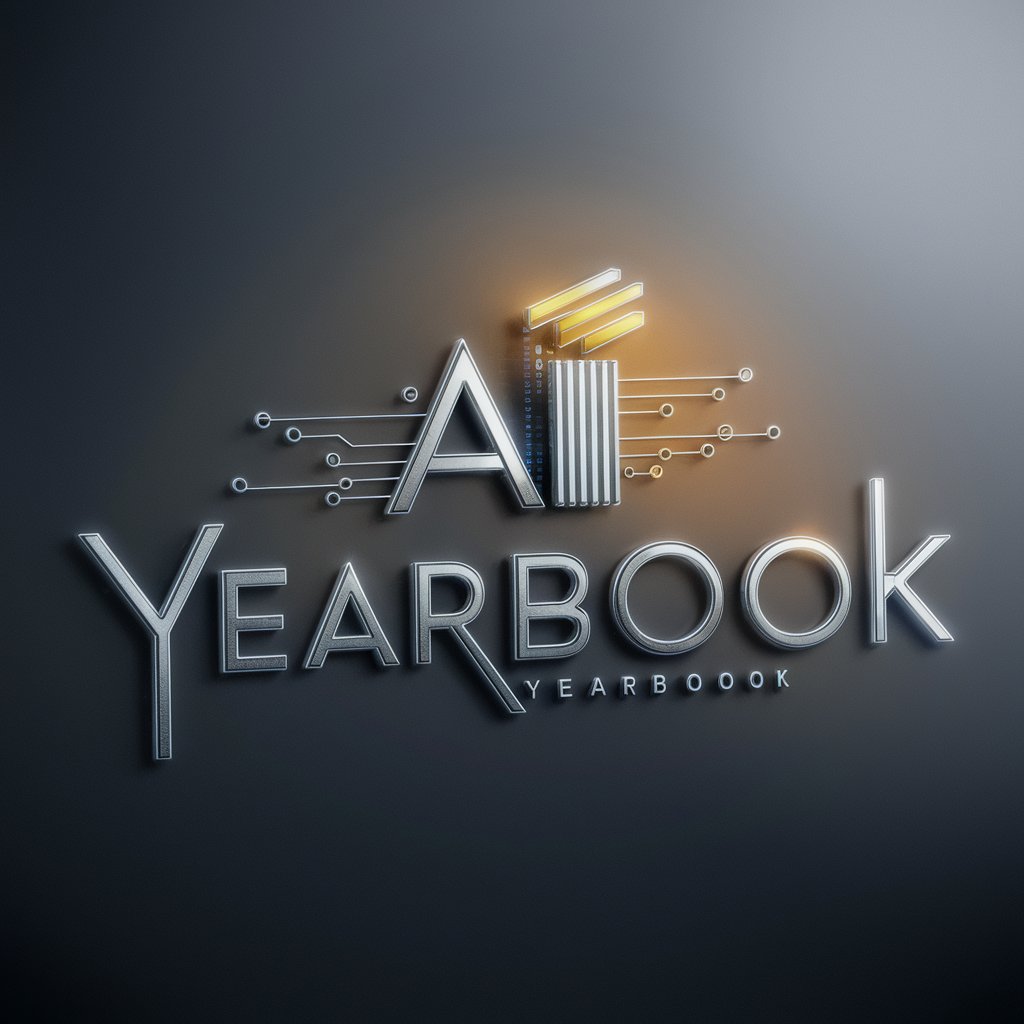
Studio Snap
Transform Selfies into Professional Portraits with AI
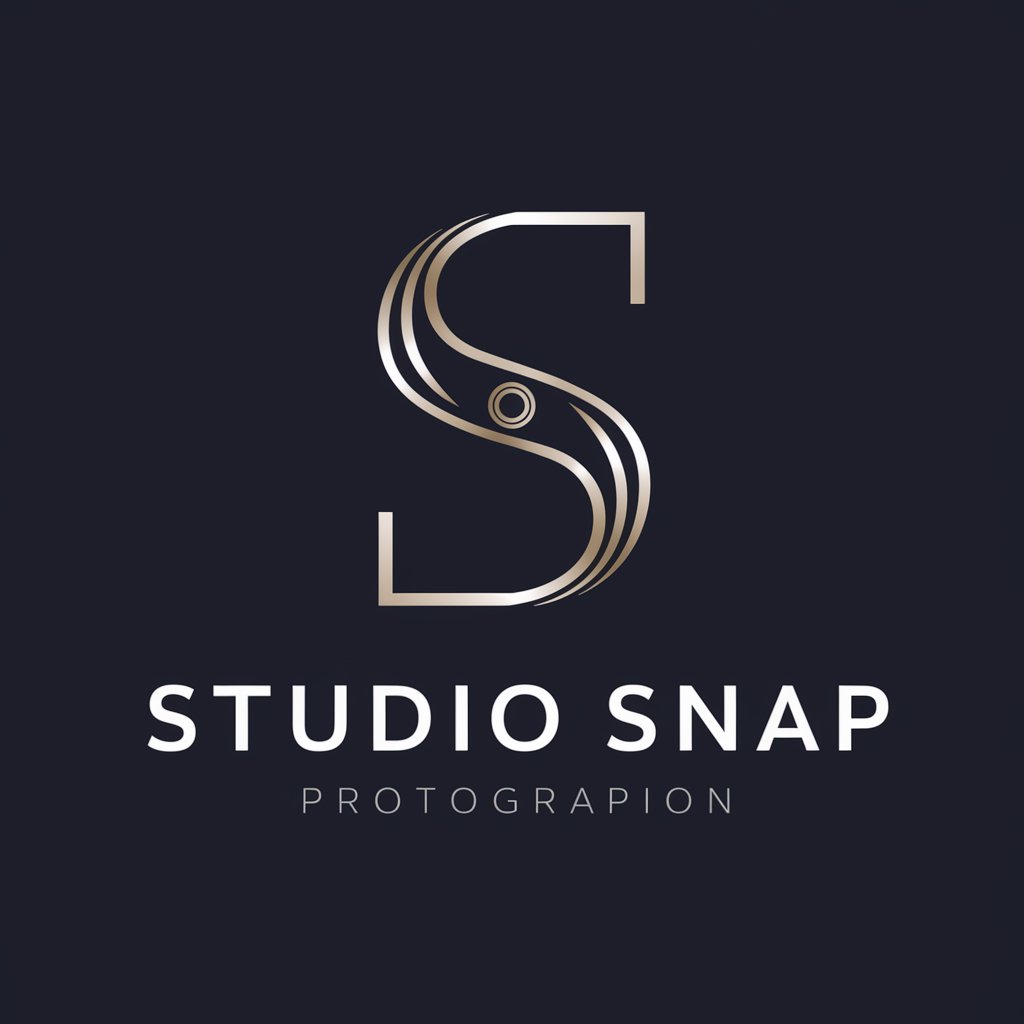
Ketchup Spotter
Spot ketchup anywhere, powered by AI.

📸 SnapMaster Pro: Photography Excellence 🌟
Capturing Moments with AI Brilliance
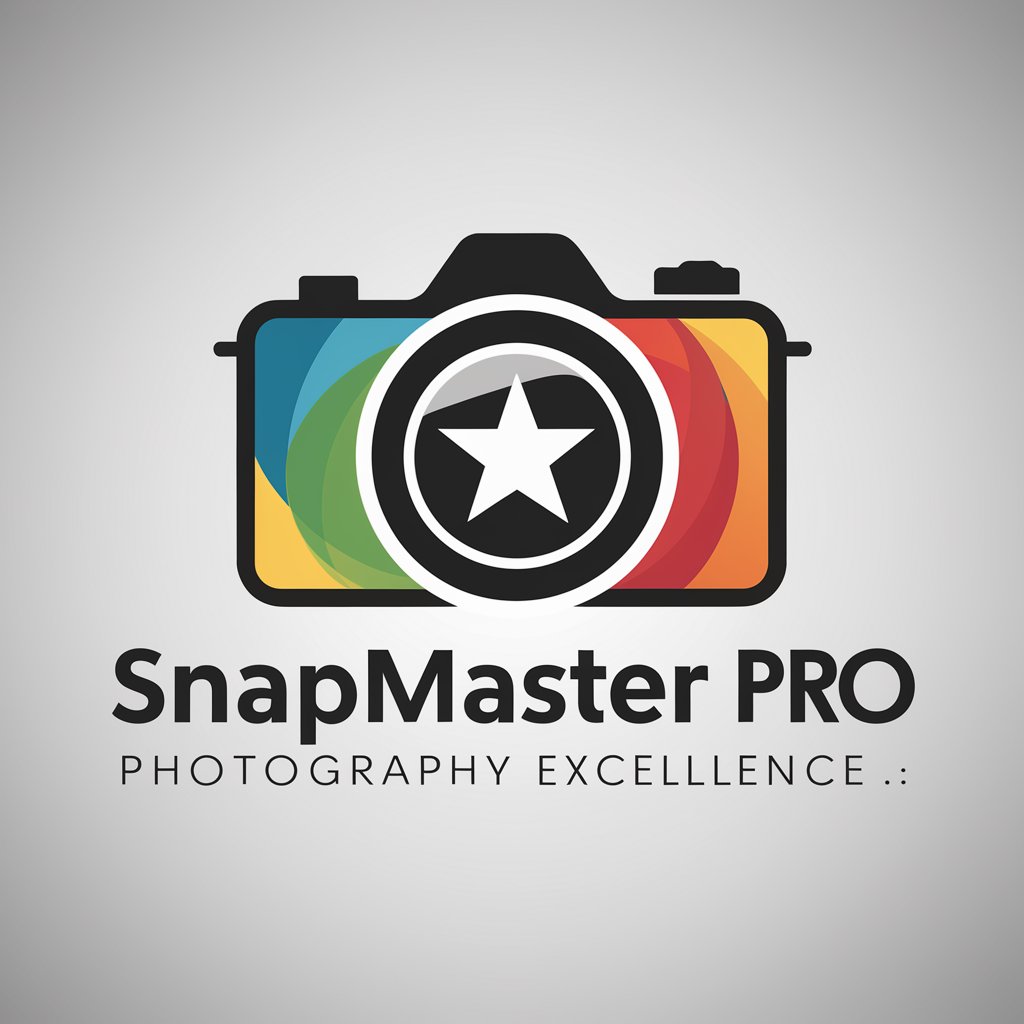
トリックアートの魅力
Transforming vision into illusion with AI.
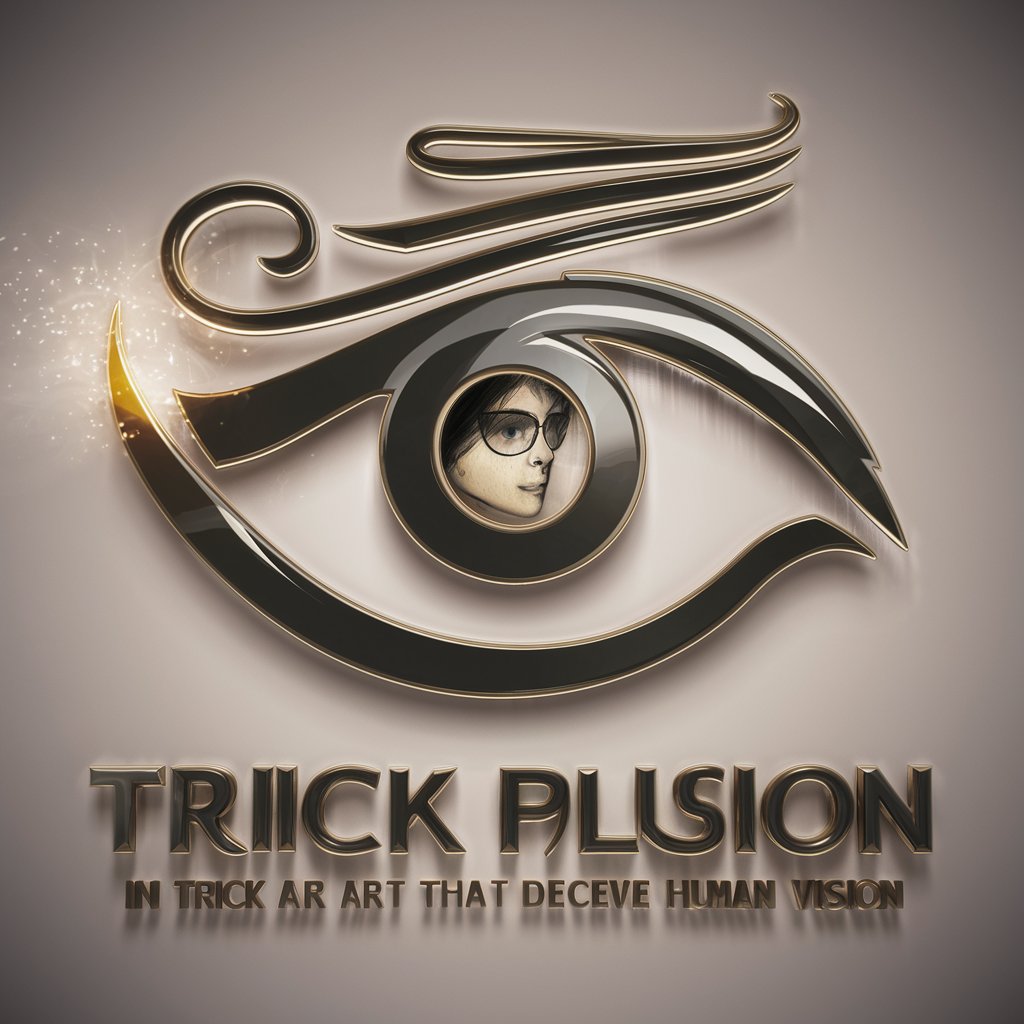
Key Characteristics and Functionalities
AI GPTs for AI Photography exhibit unique characteristics and capabilities, including advanced image generation, realistic photo enhancements, and the ability to understand and process complex visual data. These tools can adapt from basic image editing functions to intricate tasks like style transfer, facial recognition, and scene reconstruction. Special features include natural language processing for interpreting user requests, technical support for troubleshooting, web searching for gathering visual data, and data analysis capabilities for insights into photography trends.
Who Benefits from AI Photography Tools
AI GPTs for AI Photography are designed for a wide range of users, including photography enthusiasts, professional photographers, digital artists, and developers. They are accessible to novices without coding skills, thanks to user-friendly interfaces, while also offering extensive customization options for users with programming expertise. This inclusivity ensures that anyone with an interest in enhancing their photographic work or exploring the possibilities of AI in photography can benefit.
Try Our other AI GPTs tools for Free
Article Scoring
Discover AI-powered GPTs for Article Scoring, designed to elevate content quality through advanced analysis and tailored feedback. Perfect for creators and marketers seeking precision in content evaluation.
Eligibility Calculation
Discover how AI GPTs revolutionize eligibility calculation, offering precise, adaptable, and efficient tools for various sectors, simplifying complex assessments with ease.
Career Roasts
Discover AI GPTs for Career Roasts: tailored AI solutions for career guidance, professional growth, and dynamic workplace strategies.
Relationship Mockery
Explore the world of AI GPTs for Relationship Mockery, where humor meets technology to offer a fresh perspective on the quirks of interpersonal relationships.
Historical Science
Discover the transformative power of AI GPTs for Historical Science, tailored tools designed to enhance historical research, education, and exploration.
Thermal Experiments
Discover AI GPT tools for Thermal Experiments, your AI partner in advancing thermal analysis, offering tailored solutions for researchers and professionals.
Expanding Horizons with AI in Photography
AI GPTs for AI Photography are not just tools but partners in the creative process, offering new possibilities for artistic expression and technical enhancement. Their ability to integrate seamlessly with existing systems and workflows, combined with user-friendly interfaces, makes them a revolutionary force in both professional and recreational photography.
Frequently Asked Questions
What exactly are AI GPTs for AI Photography?
AI GPTs for AI Photography are sophisticated AI tools that specialize in generating, editing, and analyzing photographic content using machine learning and natural language processing.
How do these tools understand complex visual data?
They leverage advanced algorithms and deep learning models to interpret visual elements, patterns, and contexts within images, enabling them to perform tasks like recognition, enhancement, and generation.
Can I generate images based on textual descriptions?
Yes, one of the core capabilities includes generating realistic or artistic images from detailed textual descriptions, thanks to their natural language understanding.
Do I need coding skills to use these tools?
No, these tools are designed to be accessible to both novices and professionals, with intuitive interfaces that don't require programming knowledge for basic operations.
Can developers customize these AI GPTs for specific tasks?
Yes, developers can access APIs and coding environments to customize and integrate these tools into existing workflows or create new applications.
What makes these tools different from traditional photo editing software?
Unlike traditional software, AI GPTs for AI Photography can autonomously generate content, offer creative suggestions, and understand natural language commands, making the creative process more dynamic and intuitive.
Are there any privacy concerns with using AI in photography?
Yes, privacy and ethical considerations are paramount. Users should ensure that they have the right to the images they generate or modify and be aware of how their data is used and stored.
Can these tools help me improve my photography skills?
Absolutely. By providing feedback, suggestions, and the ability to experiment with different styles and techniques, these AI tools can be a valuable resource for learning and improvement.